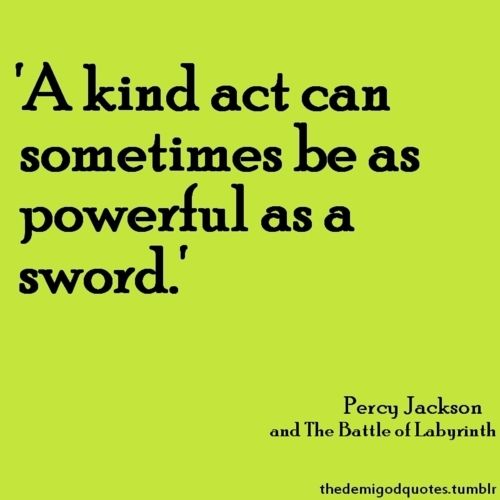In this fourth instalment in the Percy Jackson and the Olympians series,
Percy and his companions embark on quest through the Labyrinth, a terrifying
place created by Daedalus, which exists in another dimension. Like its
predecessors, the novel is an entertaining introduction to the world of Greek
mythology, featuring gods, heroes, monsters, half-bloods and mortals There are
great action scene set pieces, and an underpinning ecological message that keeps
the pace varied and adds a touch of depth to the adventures.
We meet many gods, who mostly
fight each other: the Olympians are in perpetual conflict with the Titans, ruled
by Kronos who is gathering his forces in secret. The gods with their games and their
prophecies are fickle and deceptive. Thy are omnipotent, yet they fight against
the heroes and half-bloods with their magical assistants. For example, Quitus
has a large and terrifying hellhound called Mrs O’Leary who can kill and chews
on a life-size squeaky pink rubber yak. There are magical swords, invisibility
caps, and charmed whistles, but we learn that humans’ knowledge can help as
much as (if not more than) magic.
In a gameshow sequence Annabeth has to answer the sphinx’s riddle: she thinks she knows it (the one about the ages of man), but it has been changed because everyone knows that one by now. “Canned applause blasted from the ceiling, as if there were invisible loud speakers. Spotlights swept across the room and reflected off the dais, throwing disco glitter over the skeletons on the floor.” The pop-culture meets horror story aesthetic is very similar to a Stephen King novel.
The satirical style is maintained throughout to counteract the hyperbolic escapades, and Riordan makes great use of the deadpan approach (pun intended), such as when he introduces the idea of Grover searching for Pan, god of the wild. It is Grover’s mission to find Pan, and if he fails, his life means nothing. “I’d never heard him sound so confident about anything, except maybe that cheese enchiladas were better than chicken enchiladas.” Pan’s wilderness is being destroyed by humans and development. Gods can’t die, but they can fade, as Pan tells Grover, “when everything they stood for is gone. When they cease to have power, and their sacred places disappear. The wild is so small now, so shattered, that no god can save it. My realm is gone.”
The remaining humans must work together for salvation. The name, Pan, originally meant rustic, but over the years it has come to mean all. “The spirit of the wild must pass to all of you now. You must tell each one you meet: if you would find Pan, take up Pan’s spirit. Remake the wild, a little at a time, each in your own corner of the world. You cannot wait for anyone else, even a god, to do that for you.” The environmental message is strong, suggesting that life (both of people and the planet) is fragile and that we should take more care of it. Hephaestus bemoans, “People are more difficult to work with than machines. And when you break a person, he can’t be fixed.”
Percy Jackson was hailed as the
new Harry Potter, and there are many similarities with J.K. Rowling’s wizard
world. Percy is different; he has ADHD, which means he can’t sit still and he
blurts things out – perhaps this is also an excuse for antisocial behaviour? His
dreams threaten to torment him, as did Harry’s. He goes to camp every summer,
fights to protect his friends, starts having human hormones, learns to accept
difference, and deals with monsters and magic that ‘normal’ humans can’t see.
Camp Half-Blood is very dangerous and people die there; each year there is a
quest, and everyone wants one so that they can prove themselves. Rachel asks
Percy, not unreasonably, “So you do this every summer? Fight monsters? Save the
world? Don’t you ever get to do just, you know, normal stuff?”



No comments:
Post a Comment